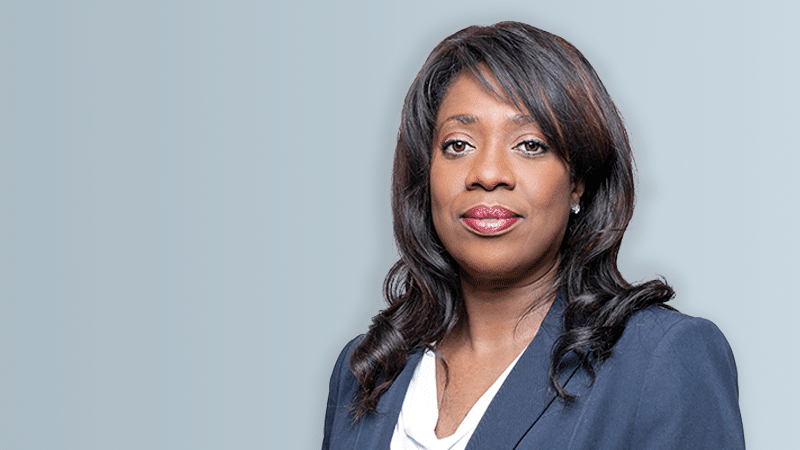A Canadian MP has said that free speech on the web “must be protected from government interference” as the country’s Government pushes to pass a controversial online regulation Bill.
Bill C-11, also known as the Online Streaming Bill, seeks to amend Canada’s Broadcasting Act to include “online undertakings” – such as video streaming platforms and social media – within the jurisdiction of the Government’s Canadian Radio-television and Telecommunications Commission (CRTC).
But Dr Leslyn Lewis MP warned that the Bill “opens the doors to government control of Canadians through the internet through their internet activity and speech”.
‘Neutral referees’
Dr Lewis said by bringing the Bill forward, the Government showed it did not trust its citizens with free speech or “to make their own internet choices” .
The MP for Haldimand—Norfolk added in a debate on the legislation that no government “regardless of your political stripe, can be trusted to be neutral referees of what is preferred speech and preferred content”.
Concern over the Bill has also been expressed by industry experts, with Michael Geist, the Canada Research Chair in Internet and E-commerce Law at the University of Ottawa, highlighting how the legislation gives “virtually limitless reach” to the CRTC.
He added: “Bill C-11 does not contain specific thresholds or guidance. In other words, the entire audio-visual world is fair game and it will be up to the CRTC to decide whether to exempt some services from regulation.”
Online Safety Bill
In the UK this week, the Government tabled its Online Safety Bill, which is aimed at restricting ‘legal but harmful’ online content.
The revised Bill requires firms to address content which the Government has explicitly labelled ‘legal but harmful’. This could include the promotion of self-harm, harassment and eating disorders, but the definition could go much further.
The Christian Institute has warned the ineffectual free speech duties mean there is a significant risk that in the eyes of ‘Big Tech’, Christian views on marriage, sexuality and gender will be seen as valid targets for censorship.

Revamped Online Safety Bill still a serious threat
Online Safety Bill may license ‘woke prejudice’

